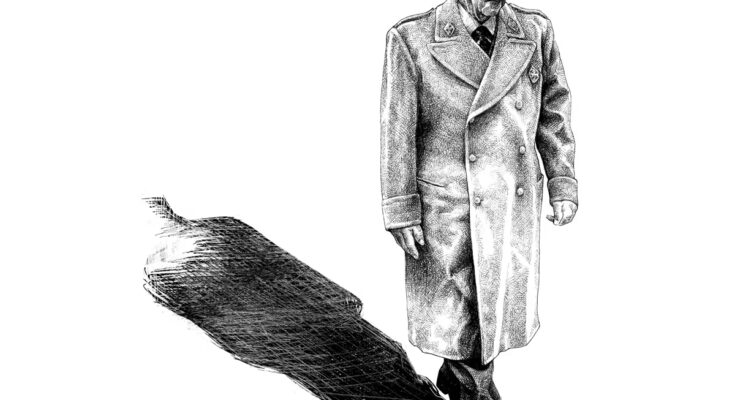The steps we have taken
EL PAÍS, born six months after the death of the dictator, retraces with rigor and diversity the pulsating history of which we are part. From Jan Martinez Ahrens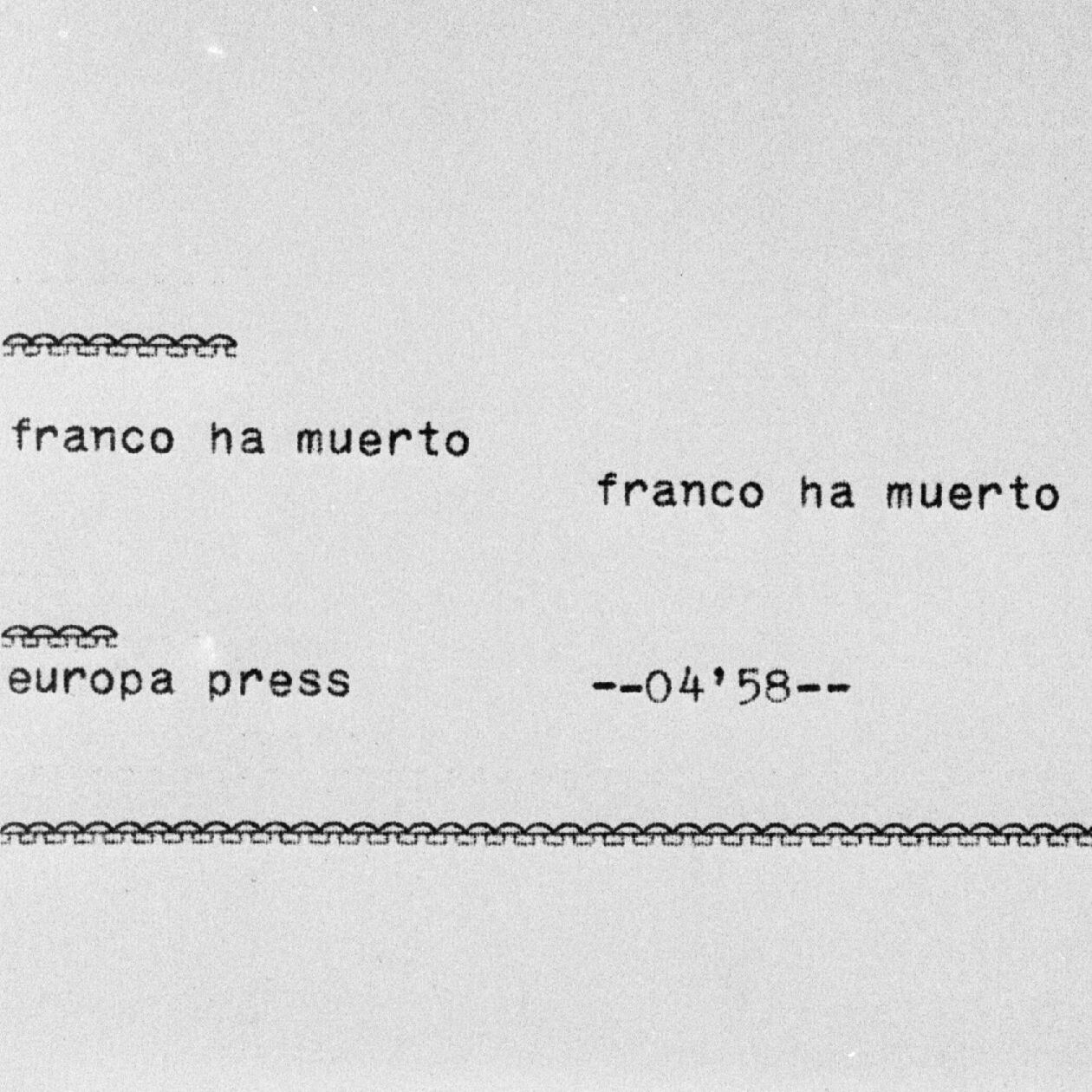
12 frenetic hours: the beginning of the end of the Franco regime
In the hours following the dictator’s death, the operation conceived by the secret services was activated and, as established, the institutions began the process of succession to the head of state according to the regime’s legislation. From Jordi Amat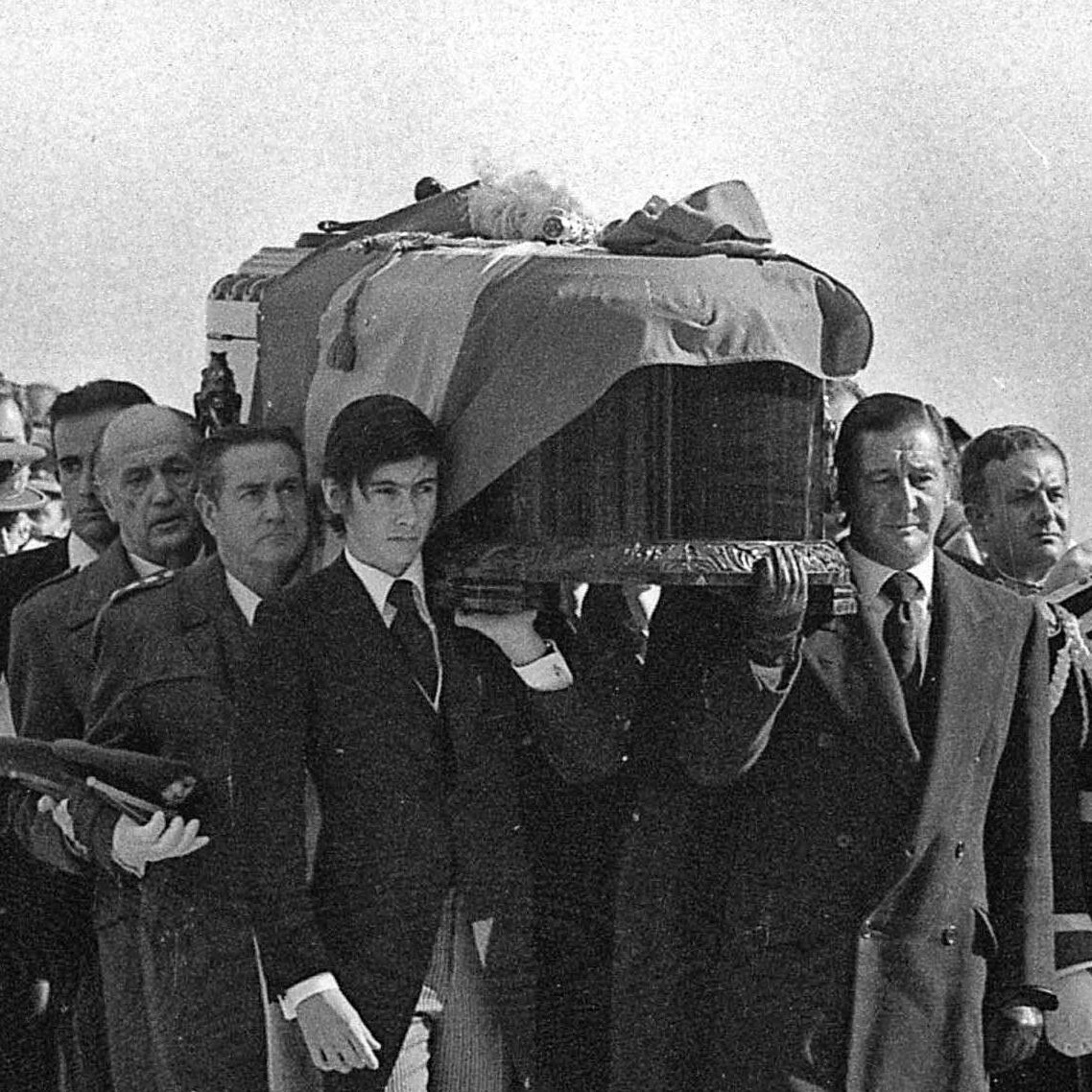
Silence and ‘Face in the sun’: the Caudillo is buried
From the burning chapel to the Valley of the Fallen, the Generalissimo’s farewell and his funeral procession brought his faithful to the square. From Paco Cerda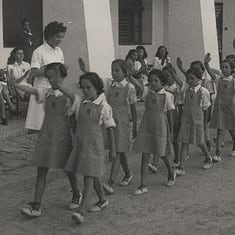
When the Regime believed that a woman’s role was to “find someone to submit to”
Despite historical revisionism and far-right discourse, the dismantling of the dictatorship’s legislation brought Spain to the era of maximum freedom and progress. From Natalia Junquera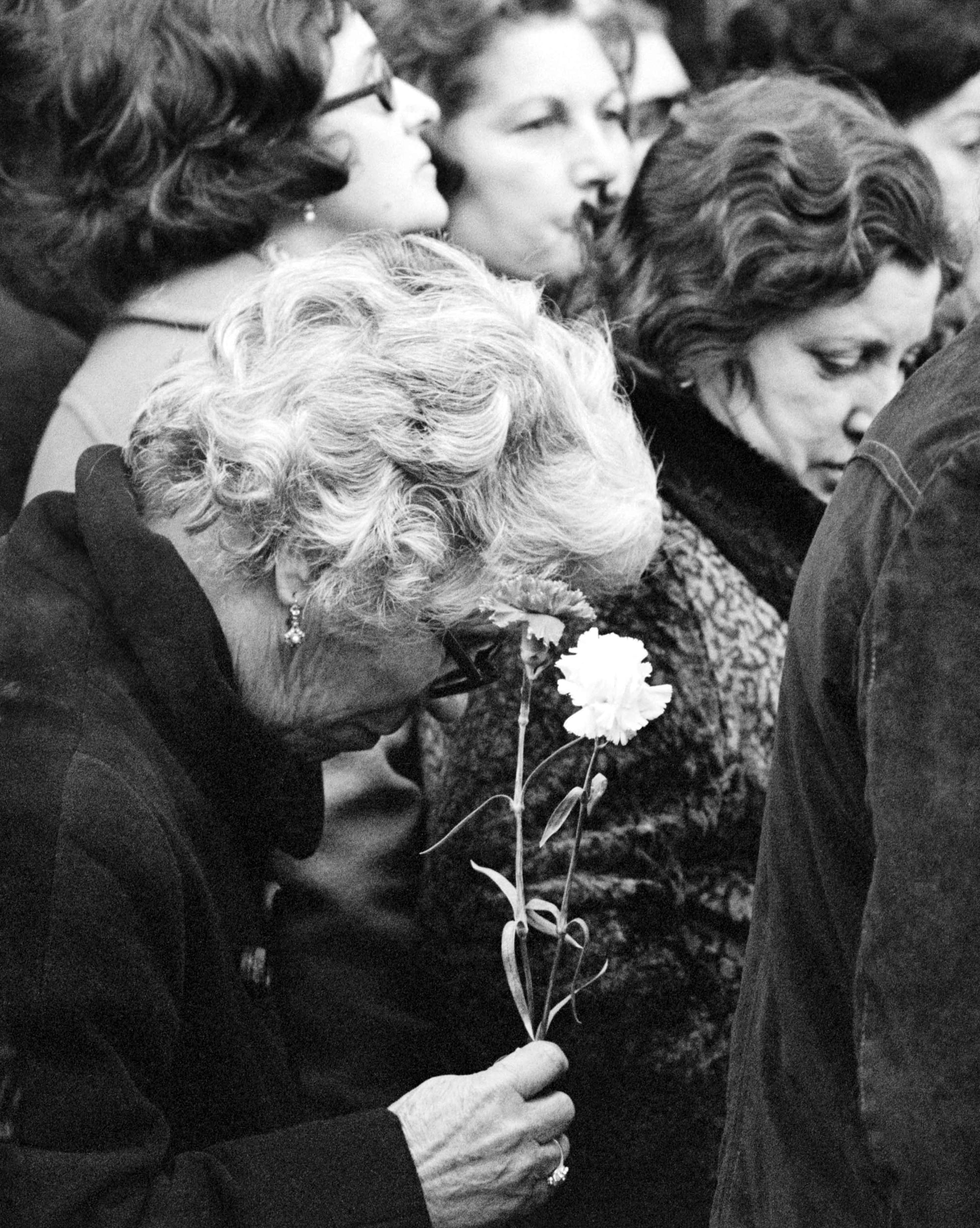
Madrid after Franco’s death: between mourning and hope
Colita photographed three key moments after Franco’s death: the queues to visit the funeral chapel, the civic wait before the proclamation of Juan Carlos as king and the state funeral at the gates of the Palacio de Oriente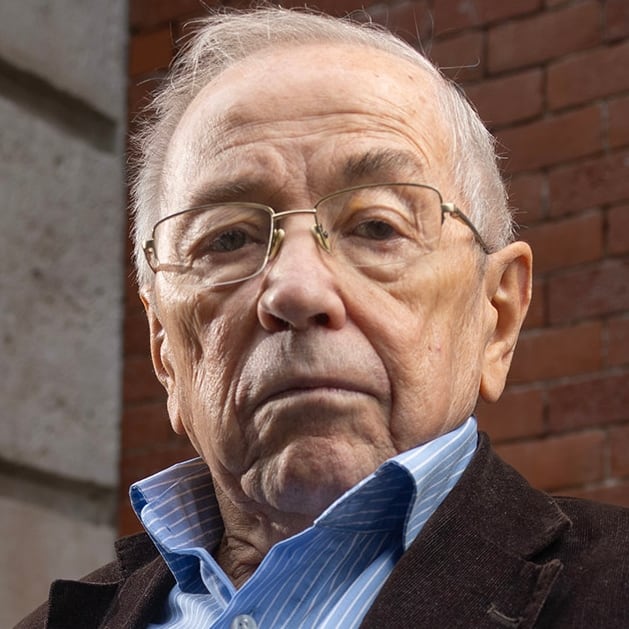
A life crossed by Francoism: hunger, torture, prison and sacrifice
Luis Pérez Lara, born 25 days after the 1936 coup, recalls four decades of struggle against dictatorship. From Natalia Junquera.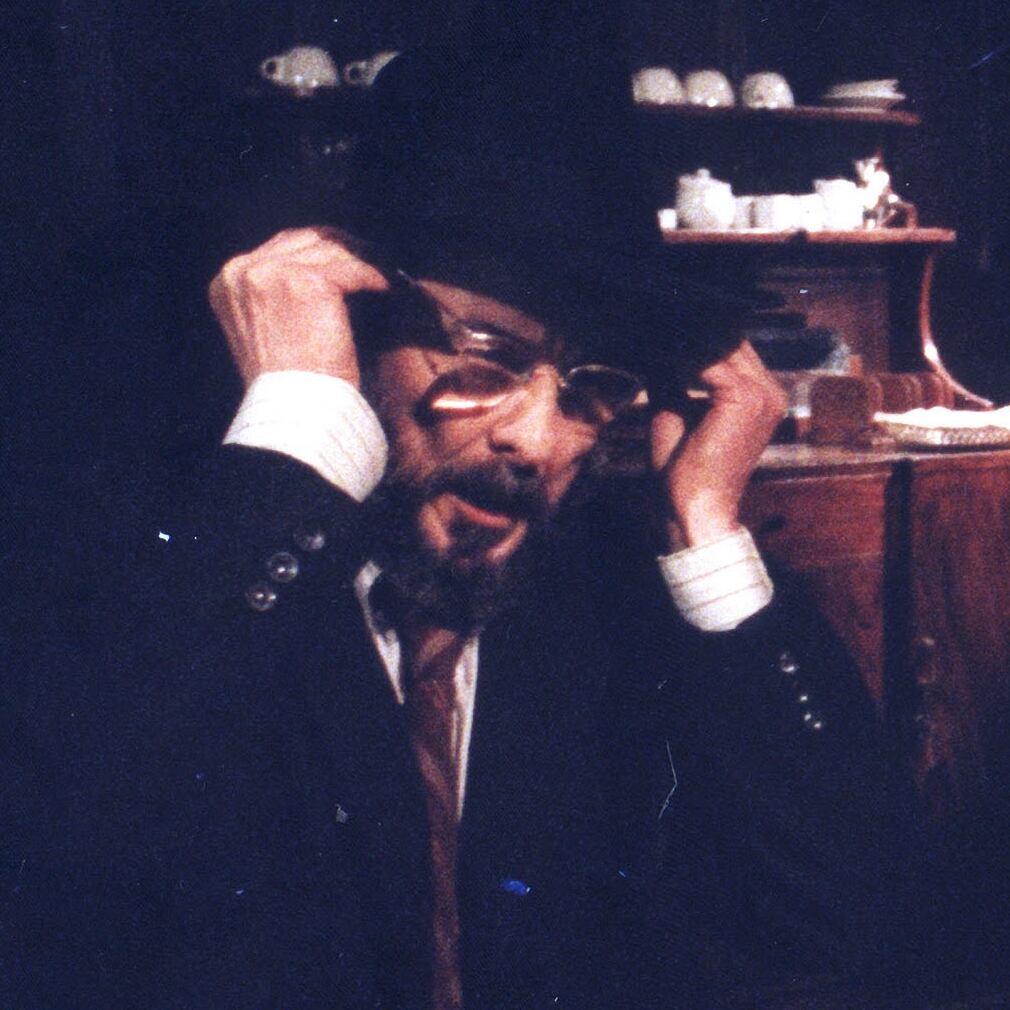
The story of the end of the dictator
Faced with the abundance of essays and biographies depicting the anniversary, Spanish fiction has not made many fables about Franco’s death. From Andrea Aguilar.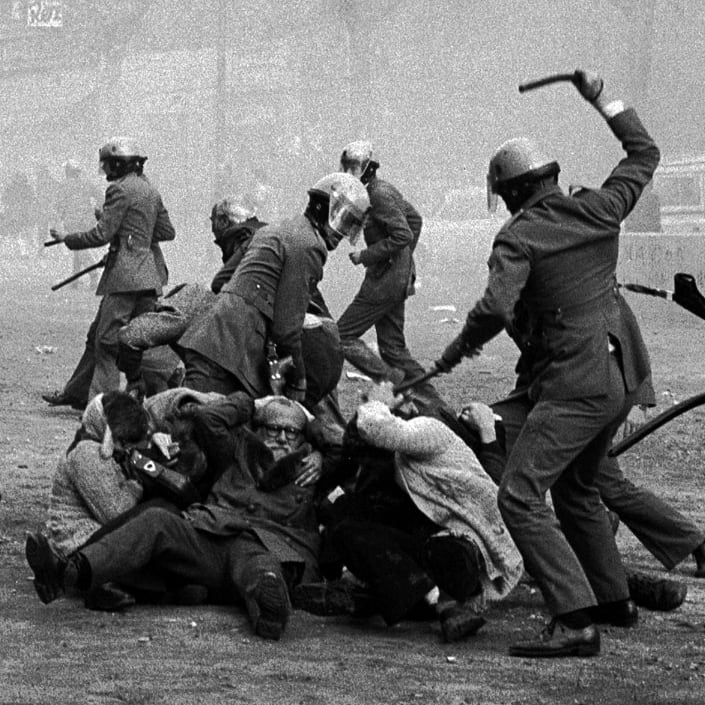
Towards freedom
The road to democracy was not easy. They were years of fear and resistance to change. “The dictator died in bed and the dictatorship in the street,” summarizes Nicolás Sartorius. From Anabel Diez
The Francoist within us
The Spanish adapted to the dictatorship and then forgave themselves by embracing democracy. From Pablo Ordaz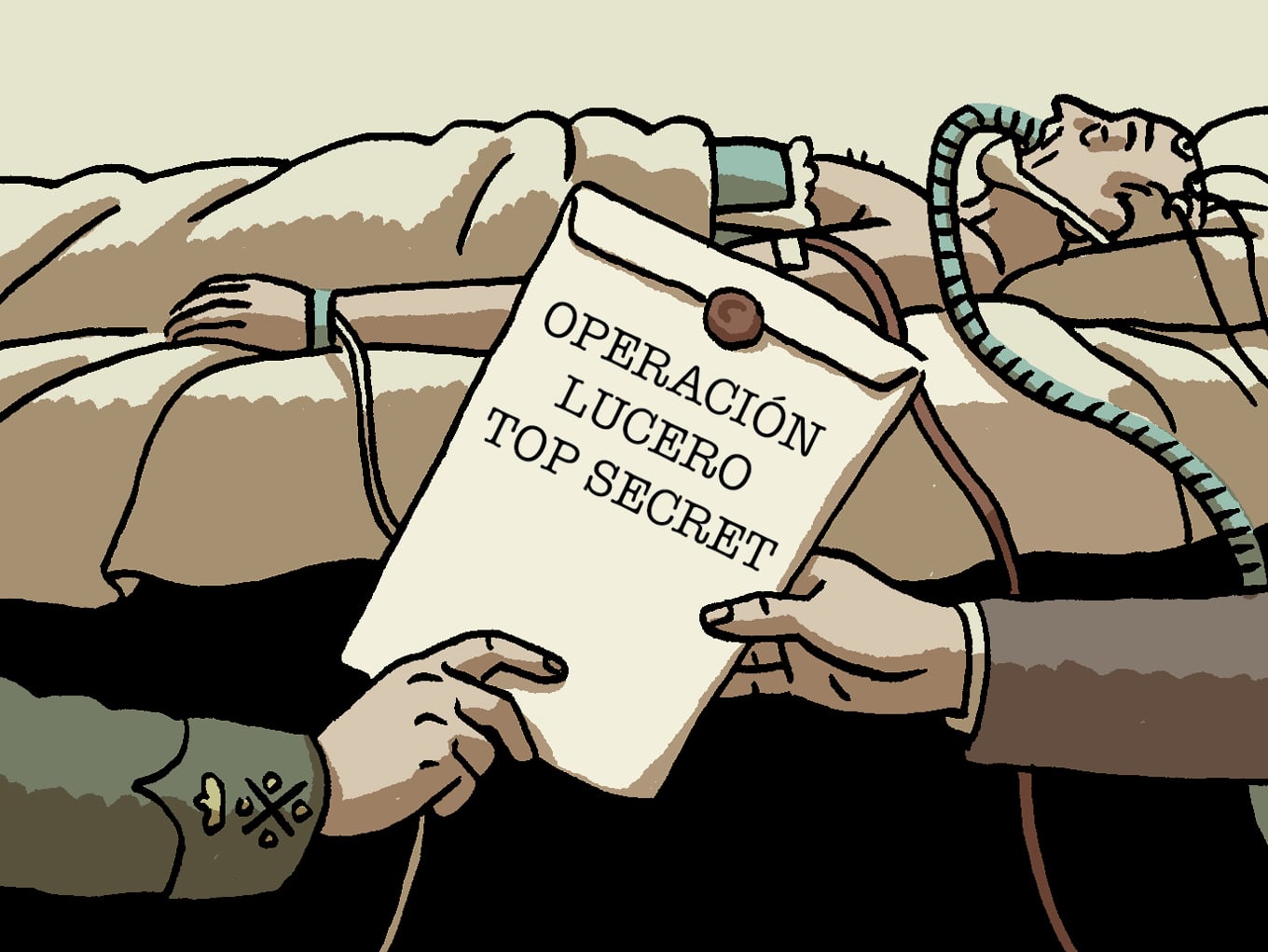
Operation Lucero (Or how to make forty days seem like almost forty days to a child)
The winner of the National Comedian Award Paco Roca talks about his memories of Franco’s death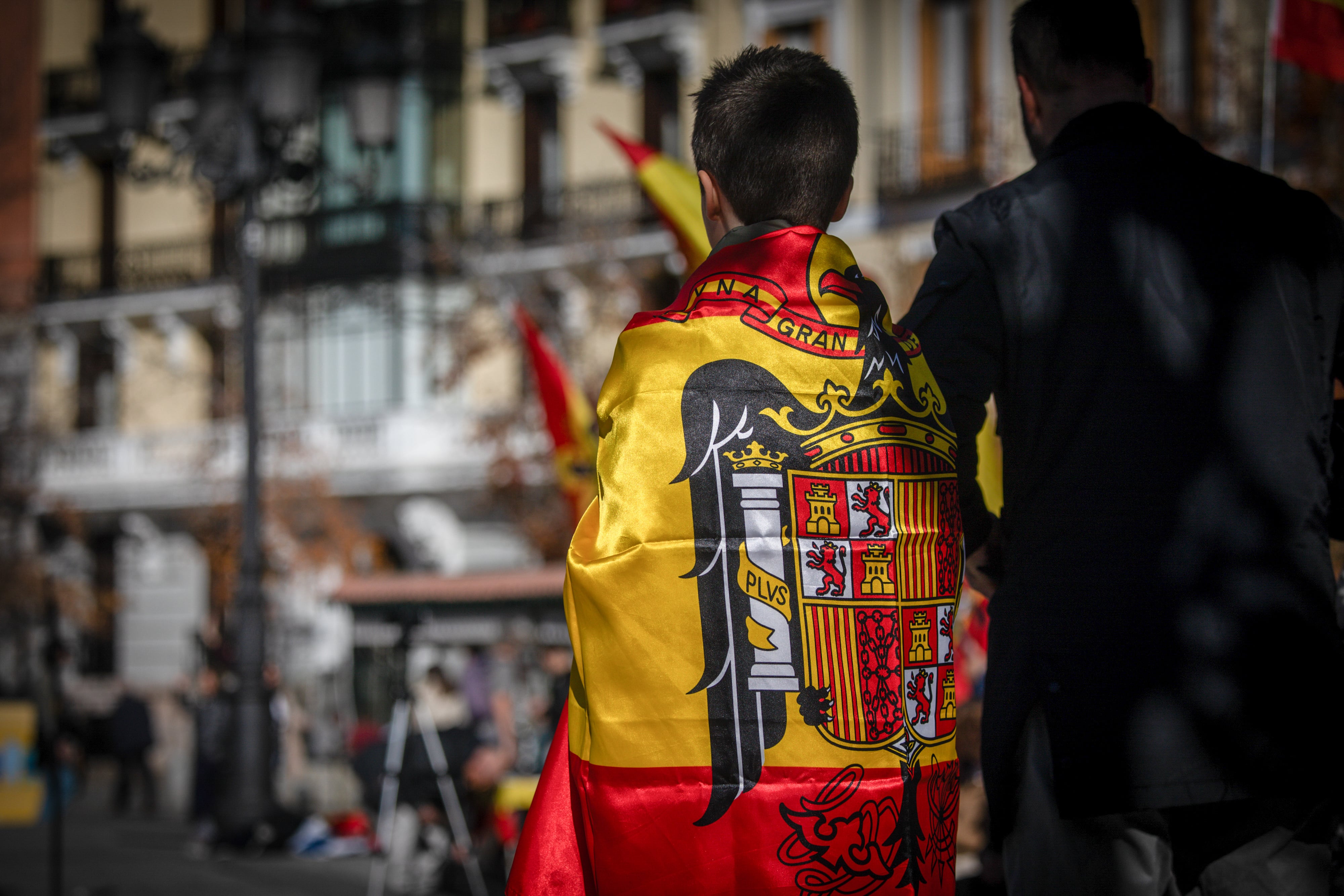
Report | “Let’s see when we give it to Franco, professor!”
The dictator arouses more interest and is more popular among young people than ten years ago, thanks to social networks, the discontent of this part of the population and the lack of knowledge. From Antonio Jimenez Barça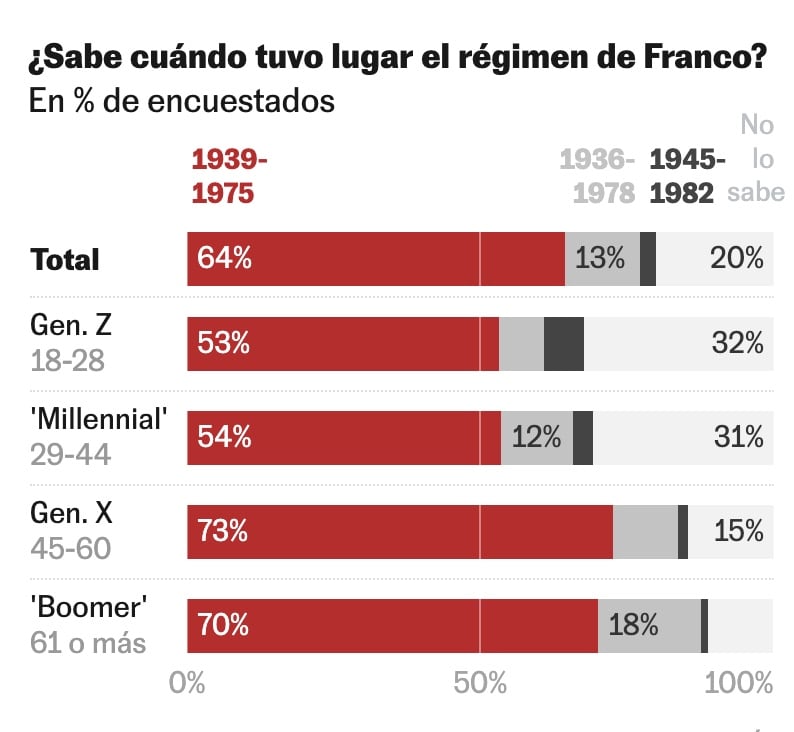
Survey | A quarter of young people believe an authoritarian regime is preferable in certain circumstances
Almost half don’t know how Lorca died. In Vox’s electorate there are more supporters than detractors of Francoism. From Natalia Junquera AND Iolanda Clemente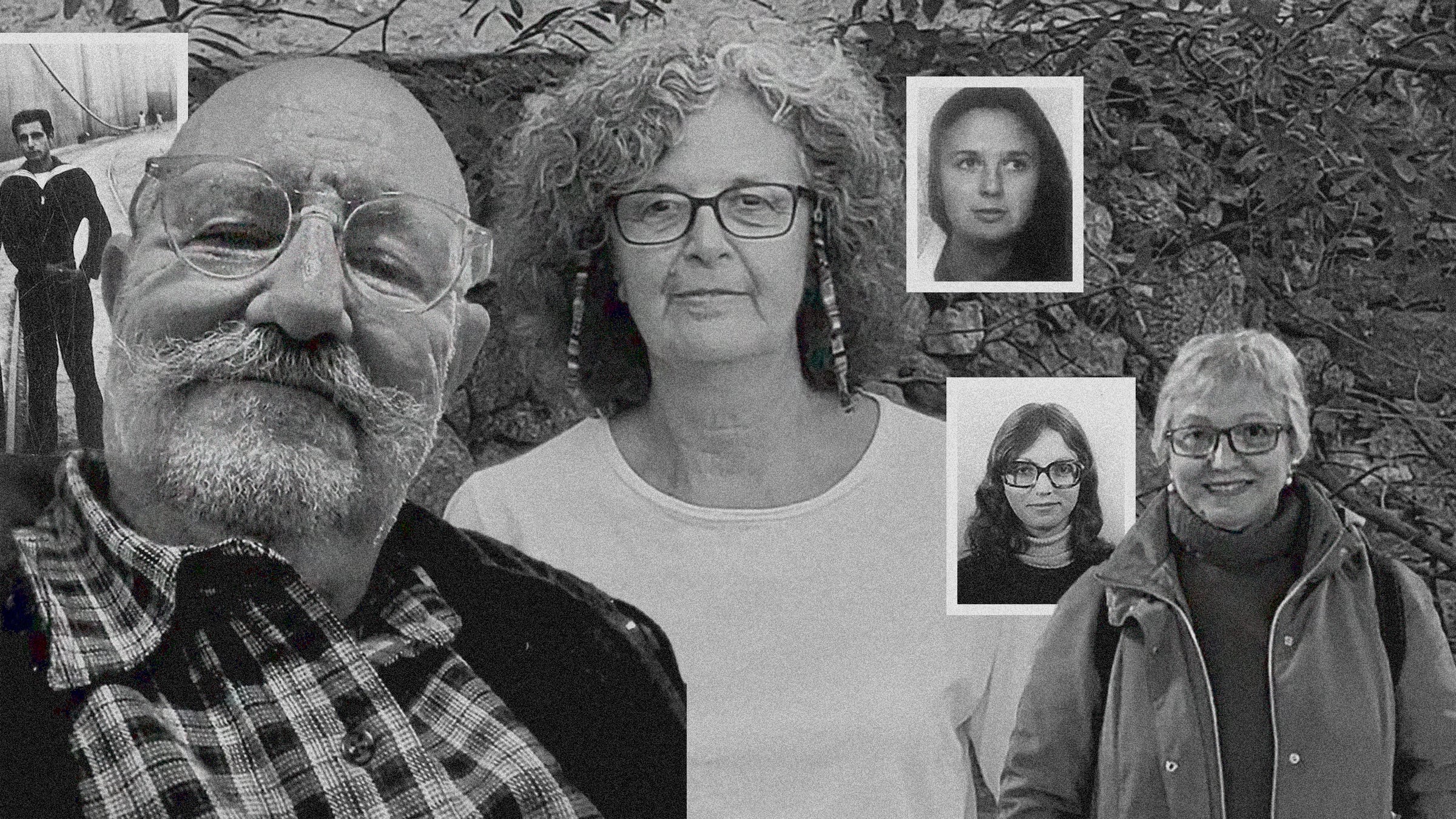
Podcasts | The Spain that celebrated Franco’s death
50 years is a long time, but not enough for the memory of those who fought for freedom in November 1975 to be lost. Belén Remacha
OPINION
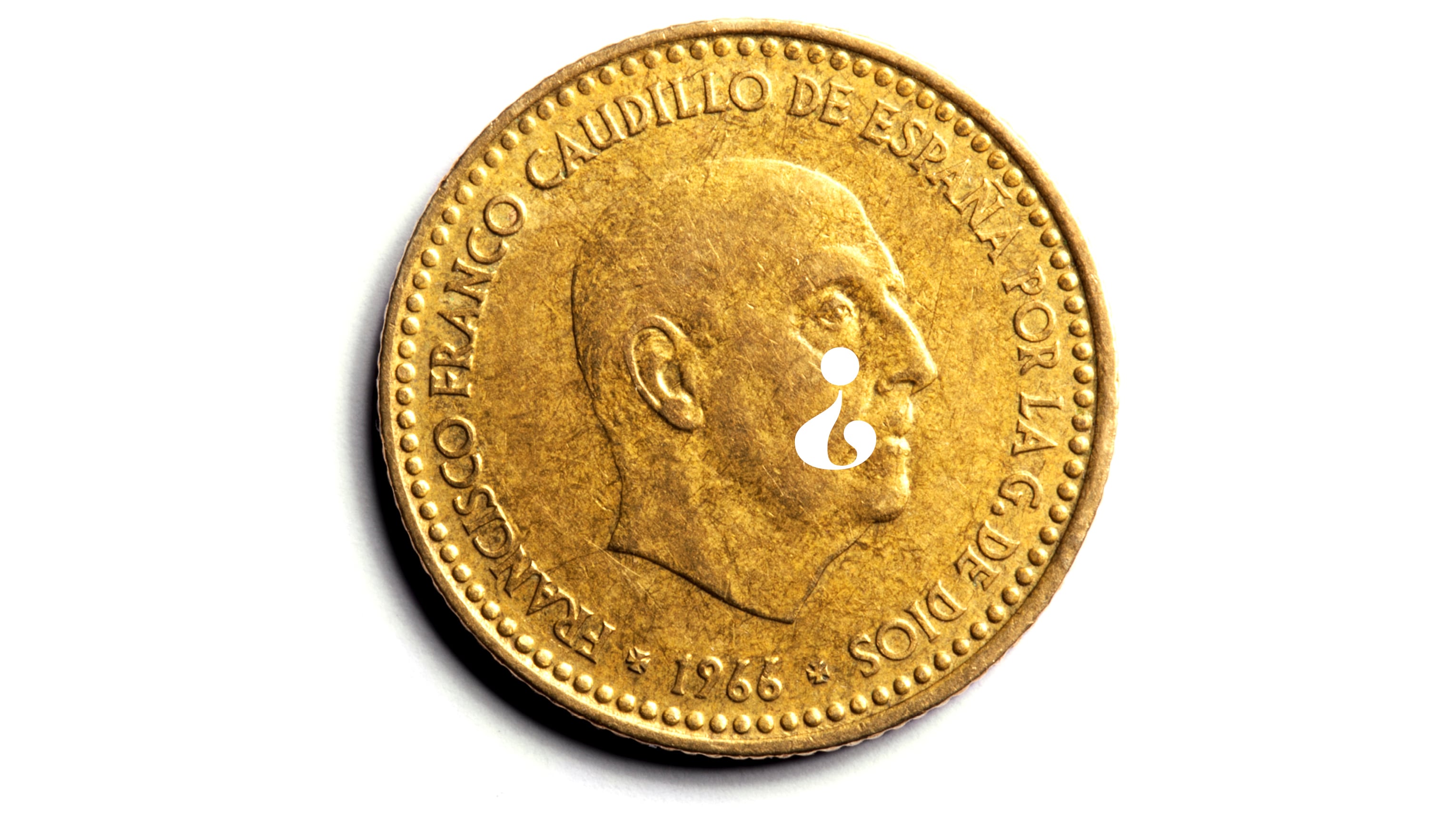
“Nothing to Celebrate”
From Javier Cercas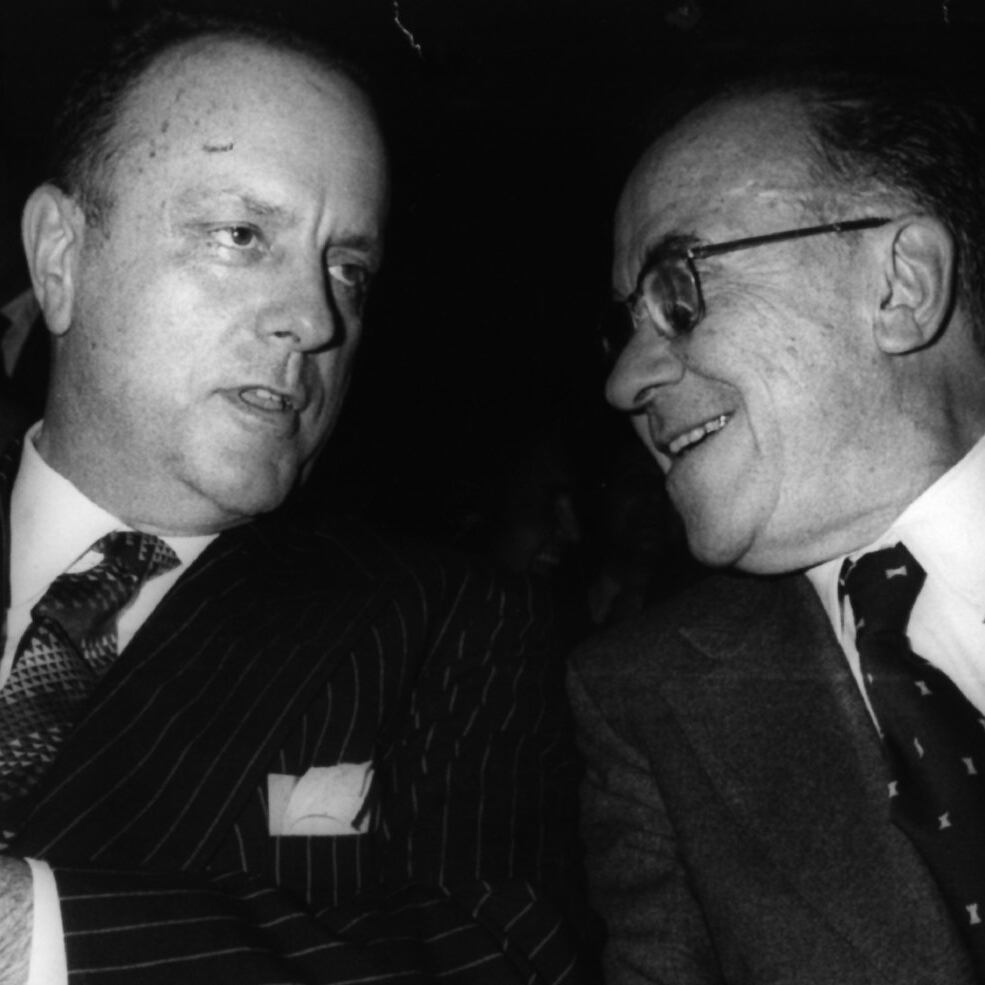
‘The transition in the centrifuge’
From Ignacio Sanchez Cuenca
“Social movements: when everything seemed possible”
From Marina Subirats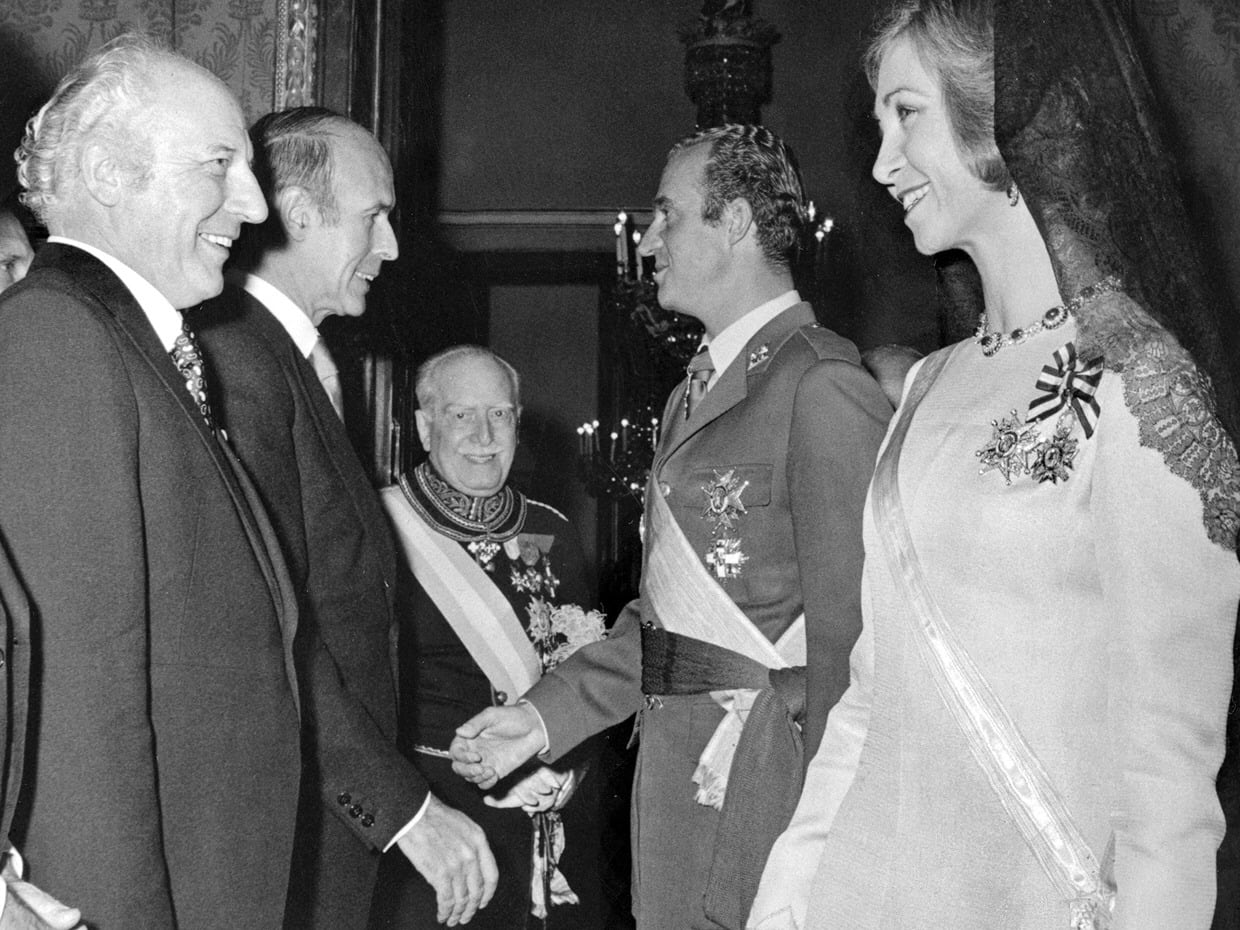
“Goodbye” Franco
From Giuliano Casanova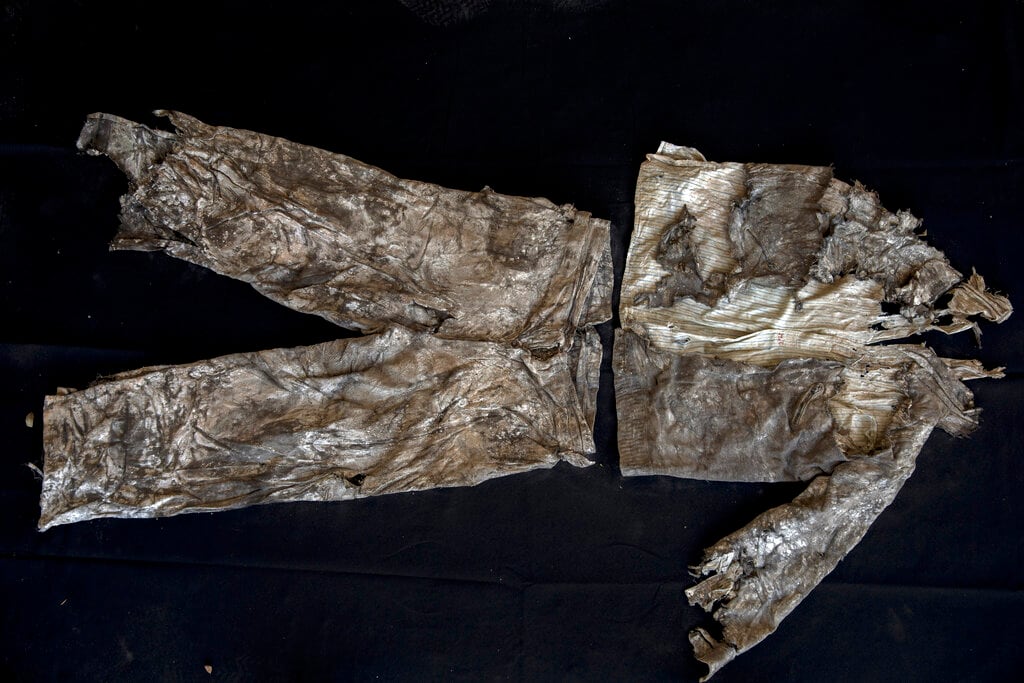
“Three silences”
From Aroa Moreno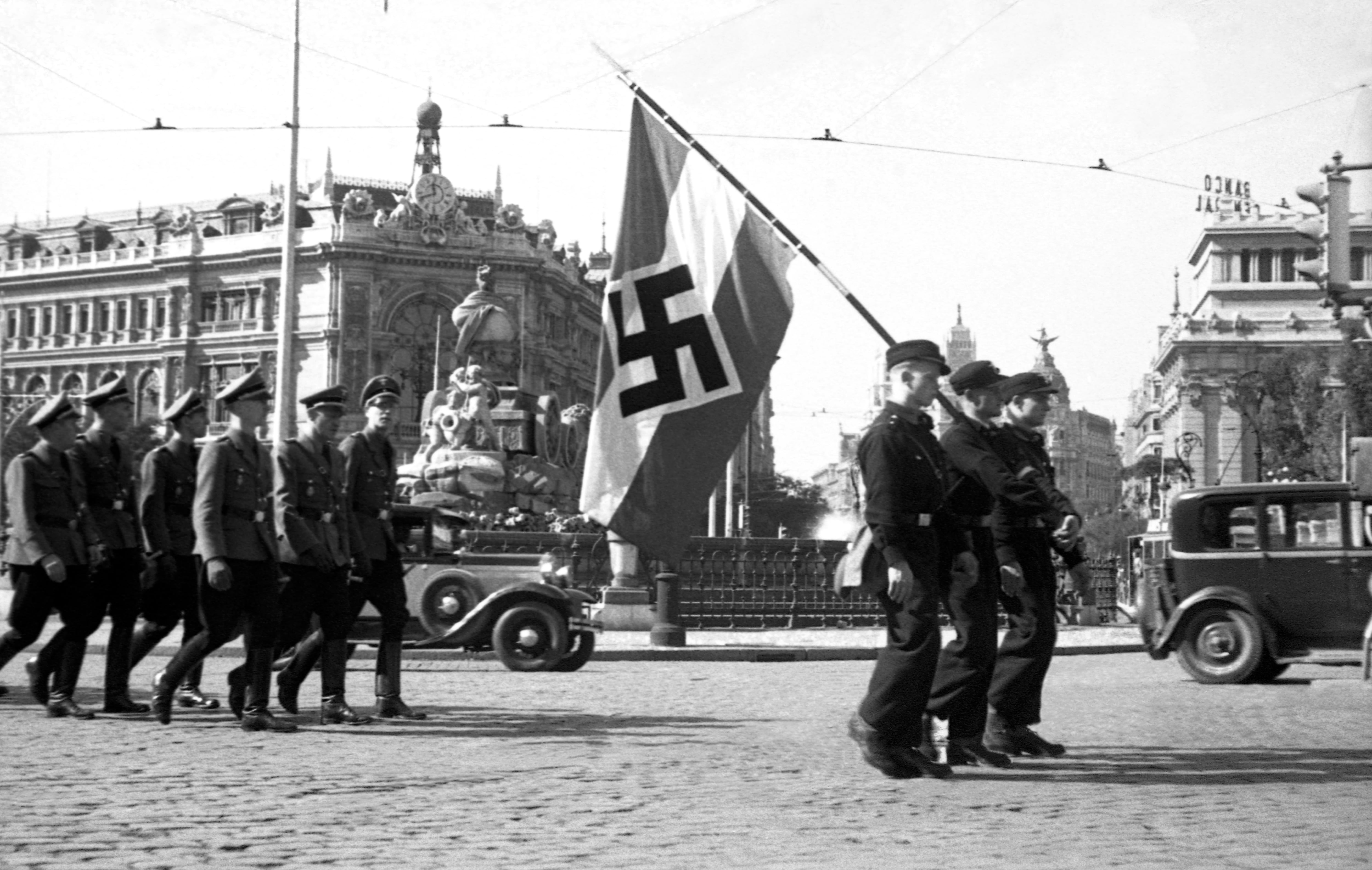
“Franco in the era of fake news”
From Nicola Sesma AND Guillermo Altares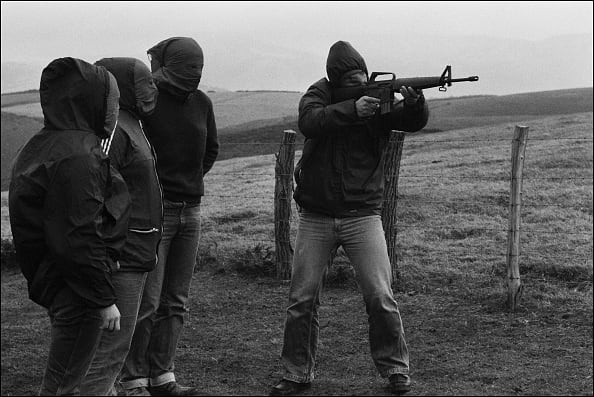
“Thus ETA survived the dictator for 36 years”
From Luis R. Aizpiolea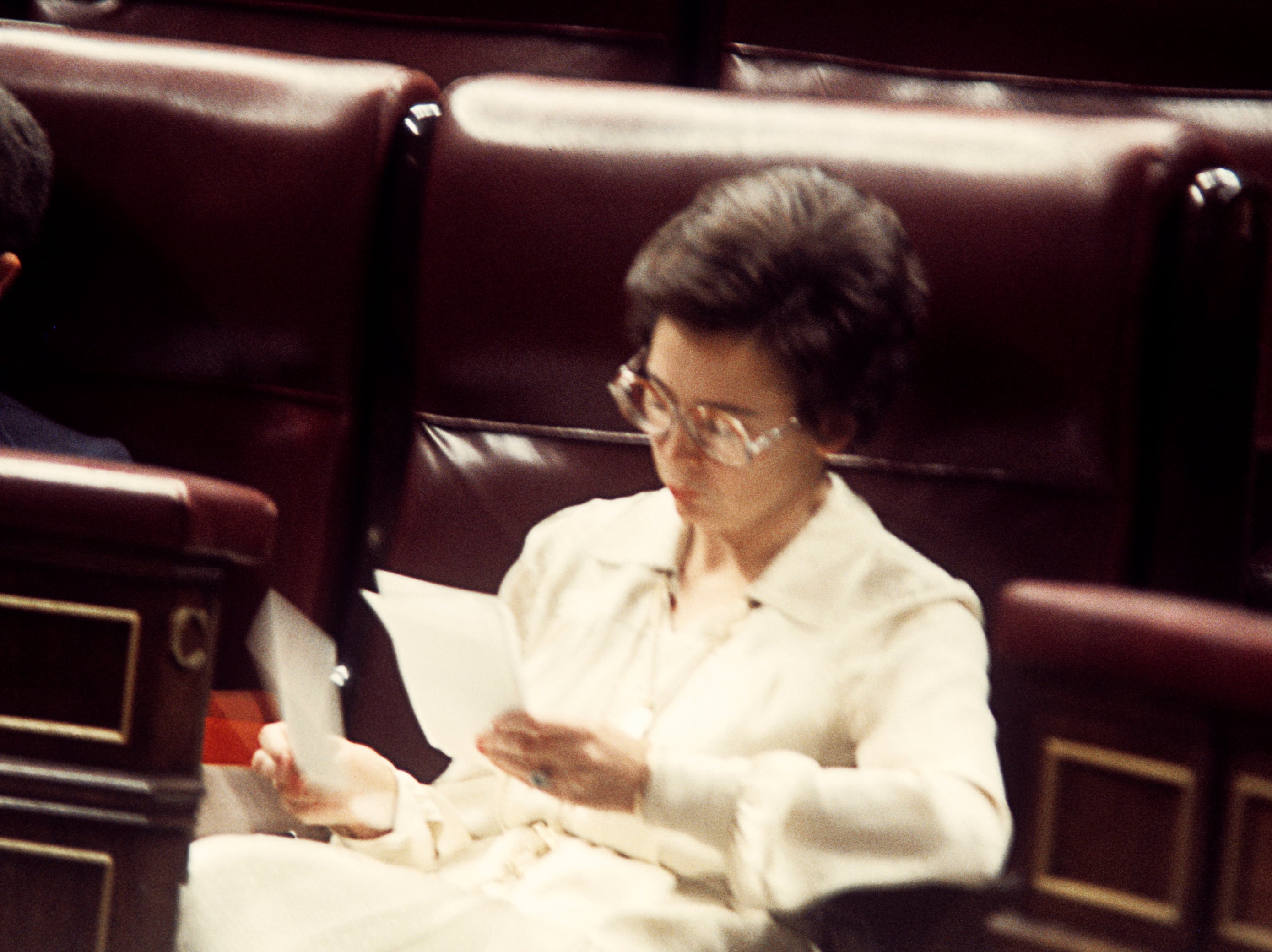
“Belén Landáburu and the sighs of Adolfo Suárez”
From Juan Cruz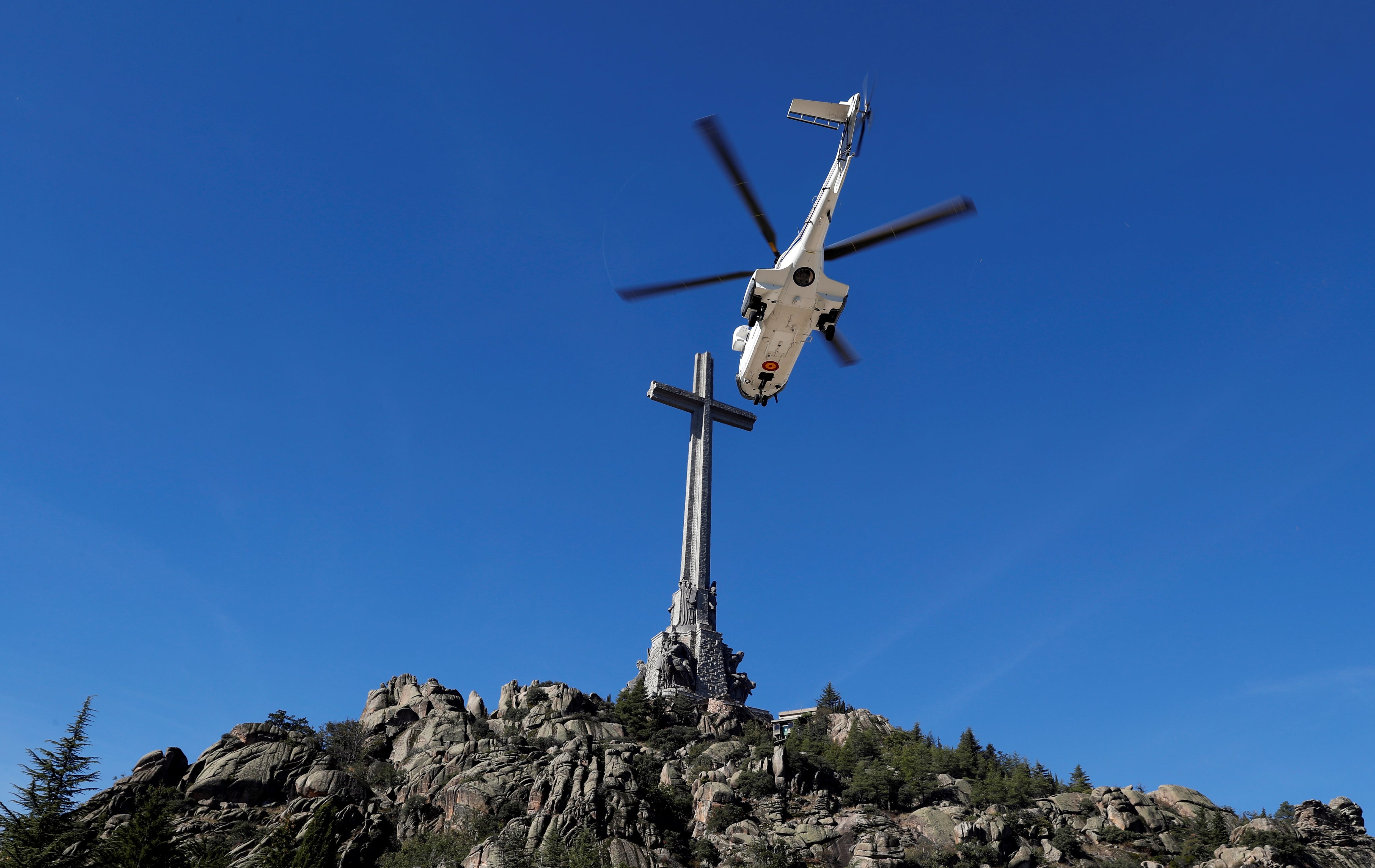
“15,988 Days Later”
From José María Lasalle
Read on
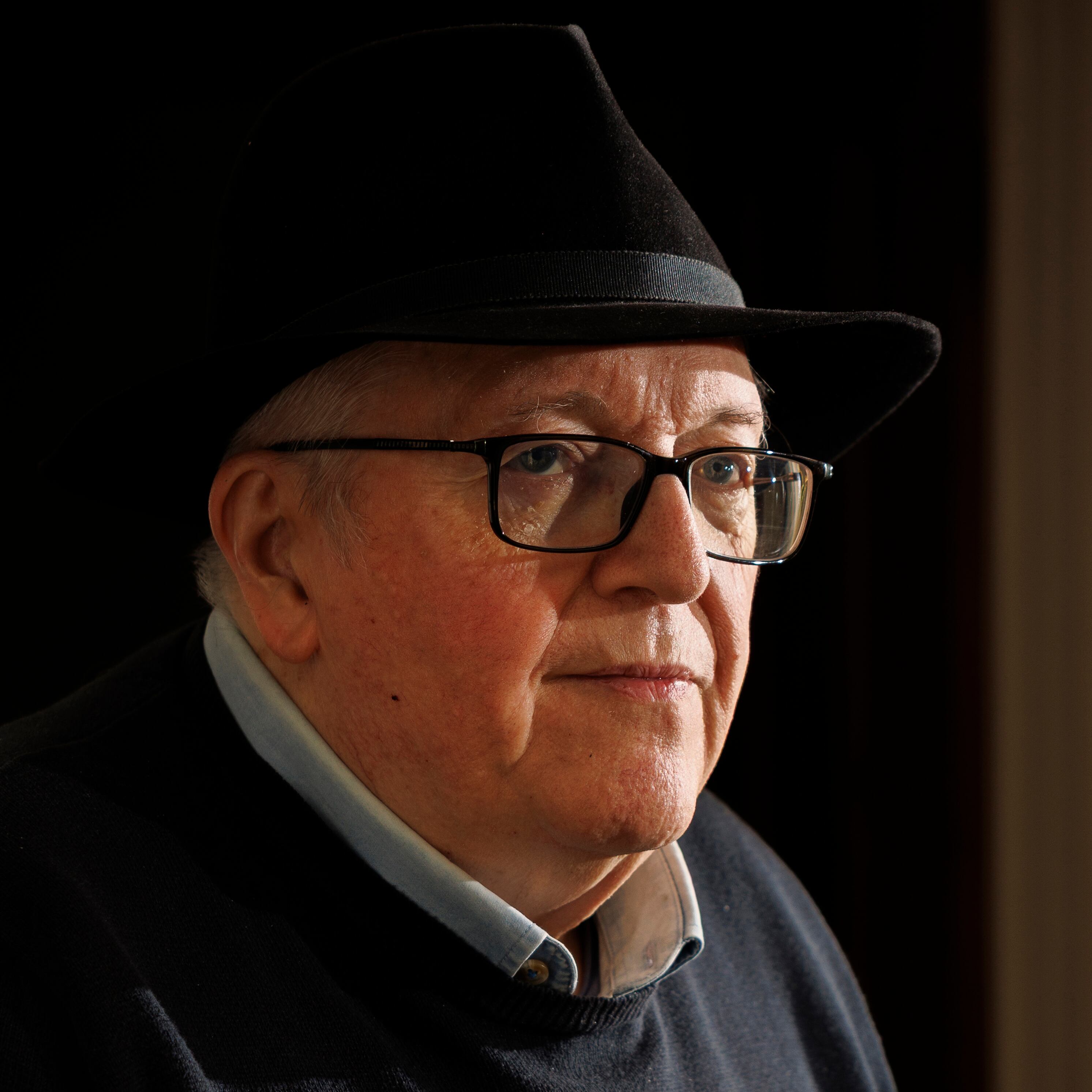
Paul Preston: “Franco did not win thanks to military skill. He wanted to exterminate the republican people”
Author of the canonical biography of the dictator, the British historian has been immersed in the study of civil war, dictatorship and transition for more than half a century. From Raphael by Miguel.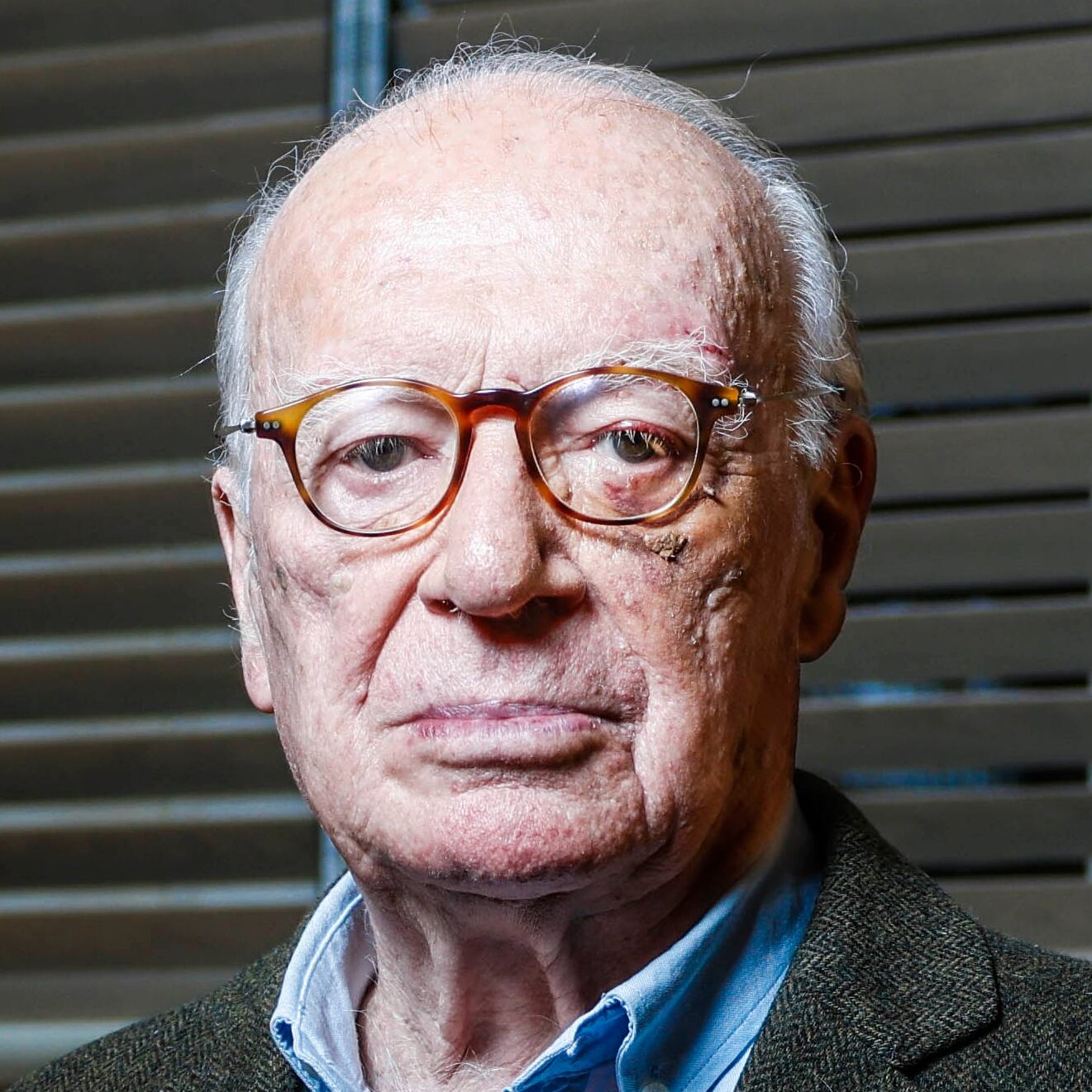
Nicolás Sartorius: “The king emeritus has aged very badly. He is covering up an atrocious dictator”
The co-founder of CC OO, imprisoned during the Franco regime, warns of the hollowing out of democracy and the loss of rights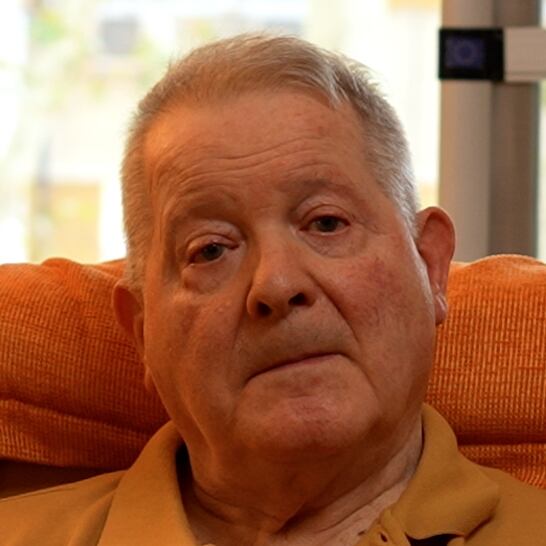
Antonio Piga, the medical examiner who embalmed Franco: “We did a more sober make-up that seemed more natural”
Coroner Antonio Piga is the only survivor of the team of four doctors tasked with preserving the dictator’s body after his death.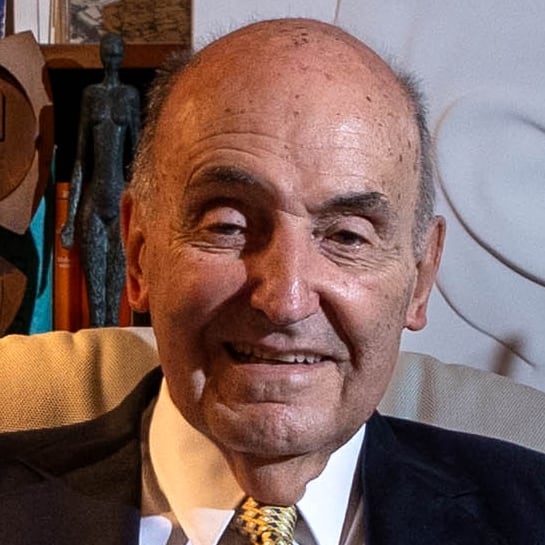
Miquel Roca, lawyer: “What the dictatorship was has never been explained”
The former politician from Barcelona and father of the Constitution reflects, 50 years later, on the impact of Franco’s death, on the spirit of the Transition and on the civic problem of not teaching the contemporary history of Spain in school classrooms
